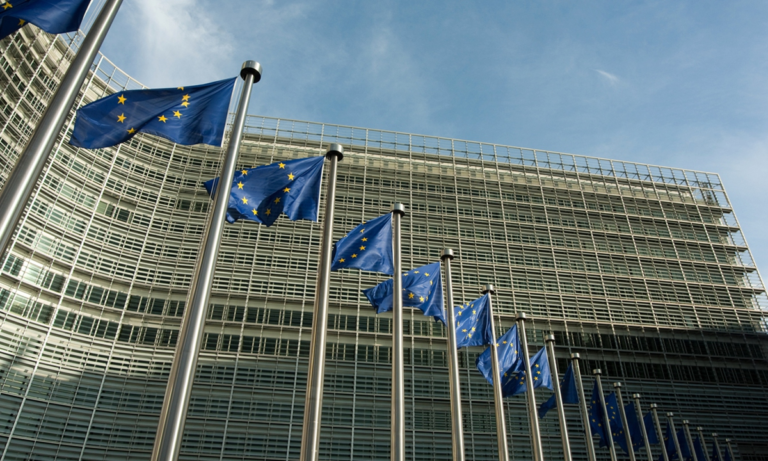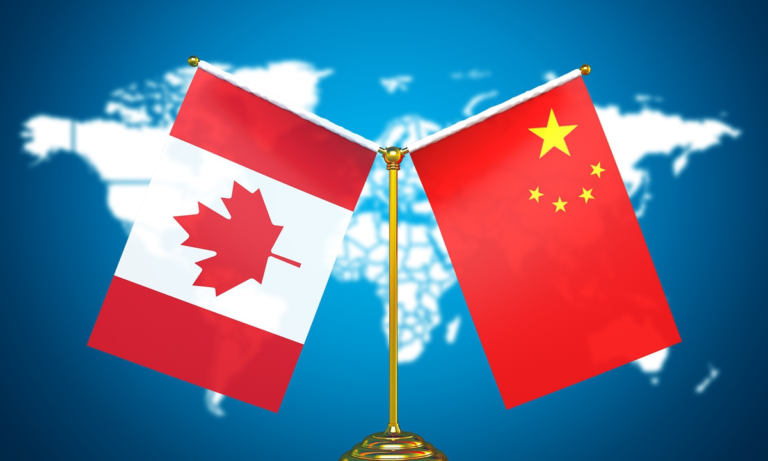
Australia has closed a critical gap in national security legislation to ensure the government can designate foreign state entities as sponsors of terrorism and criminalise support for them.
The Criminal Code Amendment (State Sponsors of Terrorism) Bill, passed by the lower house last week following review by the Parliamentary Joint Committee on Intelligence & Security (PJCIS), will be immediately used to list the Iran’s Islamic Revolutionary Guard Corps (IRGC) as a terrorist entity and criminalise support for it.
This welcome and necessary evolution in Australia’s counterterrorism architecture also confirms the significance of the PJCIS, whose review surfaced important questions about scope, safeguards and future implementation. We explored this in our submission to the review.
Instigation for reform comes from a troubling development: use of Australian criminal proxies by the IRGC to carry out arson attacks on Jewish community targets in Melbourne and Sydney in 2024. These attacks were not only acts of violence (and interference) but deliberate attempts to tear at Australia’s social fabric in the wake of the October 2023 terrorist attacks in Israel and subsequent Gaza conflict—a characteristic Australia’s prime minister and director-general of security referred to as ‘unique’.
Iran’s role in global terrorism is well-documented and includes supporting Hizballah, Hamas and the Houthis, involvement in a deadly 1994 bombing in Buenos Aires, and more recent plots in Europe and Asia. The IRGC, in particular, has long sponsored and supported terrorists. Yet state entities like the IRGC had previously fallen outside the scope of existing Australian counterterrorism laws.
Now, by creating a new Part 5.3A in the Criminal Code, the legislation has established a mechanism for listing foreign state entities as sponsors of terrorism and criminalising associated support activities. This mirrors existing laws for non-state actors but adapts them to the unique challenges posed by state involvement.
One of the most significant features is the requirement for a specific connection to Australia. Unlike listing non-state terrorist organisations—for example Boko Haram—which can, appropriately, occur without direct connection to Australia, a foreign state entity must have engaged in or advocated for a terrorist act targeted at Australia.
This will assist in ensuring listings are grounded in demonstrable threats to Australian interests, thereby avoiding the main risk of the new laws: politically motivated designations driven by outrage at foreign government actions that, however objectionable, do not actually constitute support for terrorism.
Notwithstanding this important restriction, the definition of ‘targeted at Australia’ is, again appropriately, broad, encompassing acts outside of Australia that harm Australians or Australian interests. On the one hand this rightly recognises the historical terrorist threat to Australians overseas (such as in Indonesia in the 2000s) but it also includes the effect of an action—such as causing or threatening serious harm to an Australian person (including a permanent resident)—rather than requiring proof of conscious intent (important given the ordinary meaning of ‘targeted’).
Another important safeguard against inappropriate use by a future government is the explicit exclusion of conduct associated with ‘international armed conflict’ from the definition of a terrorist act. This provision is designed to prevent misapplication of counterterrorism laws to military operations already subject to the laws of armed conflict (including as rendered in existing Australian law).
However, the exclusion is not without ambiguity. For example, it does not apply to civil wars, and the increasingly grey nature of conflict internationally could lead to future ambiguity. Inclusion of ‘occupation’ within the existing Criminal Code definition offers some clarity, but we recommended further refinement to ensure consistent application.
While the bill’s passage is a positive and overdue step, our submission to the PJCIS’s review highlighted areas for enhancement that have not been taken up, including reinforcement of the protections against politicisation. This reflected our concern that designating a foreign state entity as a sponsor of terrorism carries significant diplomatic and strategic consequences. Without clear criteria, there is a risk that such listings could be used for inappropriate, symbolic or performative purposes rather than grounded in genuine national security concerns.
The foreign minister is required to approve the home affairs minister’s decision to list a state sponsor of terrorism. But we suggested providing legislative guidance to the foreign minister on the criteria for exercising that approval, as there’s currently no such guidance provided. Criteria could include considerations of Australia’s national interest, foreign relations, economic security or defence capabilities, for example. Such guidance would not constrain ministerial discretion (the criteria would not be exclusive) but would nonetheless clarify Parliament’s intent and promote consistency.
We also cautioned against overextending humanitarian exemptions, which could inadvertently create loopholes for hostile actors. While protecting legitimate humanitarian work is essential, these protections must be carefully calibrated to avoid undermining national security.
This legislation represents a timely and necessary evolution in Australia’s national security laws. By addressing the gap around state-sponsored terrorism, it strengthens Australia’s ability to respond to emerging threats. It’s yet another reminder that threats constantly evolve and therefore so must legislation, policy and strategy.
It’s also confirmation that our current era involves state actors doing what used to be more limited to non-state actors—carrying out, for example, cyberattacks and criminal activity, as well as fomenting social tension and terrorism. Governments will need to show a greater willingness to manage diplomatic tensions. That Iran was the trigger for this issue meant those particular tensions mattered less to Australia’s economic interests. Future tests will come in relation to countries of far greater economic importance.





